Uncategorized
-
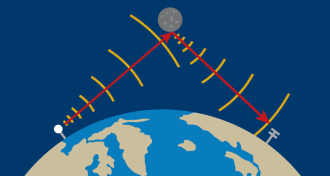 Physics
PhysicsIn retirement, Nobelist takes up moon bouncing
A lifelong amateur radio enthusiast, Joseph Taylor sends signals via the moon.
By Julia Rosen -
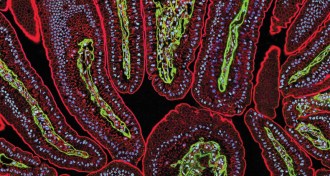 Quantum Physics
Quantum PhysicsQuantum dots get a second chance to shine
Quantum dots, semiconductor particles that can emit a rainbow of colors, have been put to work observing living cells, with possible benefits for medical diagnosis.
-
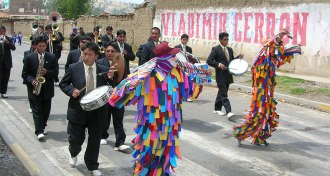 Psychology
PsychologyMusic to just about everyone’s ears
Common elements of music worldwide point to its central role in group cohesion.
By Bruce Bower -
 Science & Society
Science & Society‘Faith vs. Fact’ takes aim at religion
Jerry Coyne’s ‘Faith vs. Fact’ argues that science is the best – perhaps only – way of learning about the world.
By Bruce Bower -
 Tech
TechNew app creates a searchable network of species worldwide
A free new app compiles millions of records of species worldwide and allows users to add sightings.
-
 Physics
Physics‘The Science of TV’s the Big Bang Theory’ educates as it entertains
A science book inspired by fictional scientists helps readers understand everything from particle physics to potato electricity.
By Meghan Rosen -
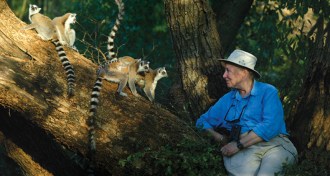 Life
LifeAlison Jolly’s last book chronicles efforts to save lemurs
In ‘Thank You, Madagascar,’ primatologist Alison Jolly, who spent decades studying lemurs, provides an insider’s account of the struggles that conservationists face.
By Erin Wayman -
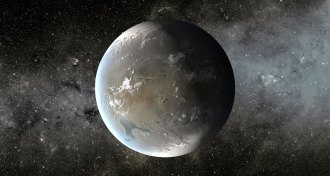 Astronomy
AstronomySuper-Earths are not a good place for plate tectonics
The intense pressures inside super-Earths make plate tectonics less likely, new research suggests.
-
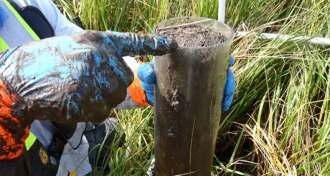 Environment
EnvironmentOil-munching microbes cleaning up Gulf marshes faster than expected
Microbes in some of Louisiana’s marshes are breaking down oil from the Deepwater Horizon spill faster than expected.
By Beth Mole -
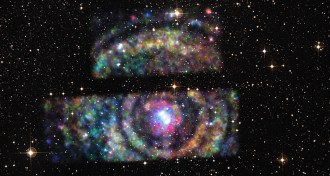 Astronomy
AstronomyX-ray rings reveal neutron star’s distance
Concentric X-ray rings around a neutron star help astronomers triangulate the star’s distance.
-
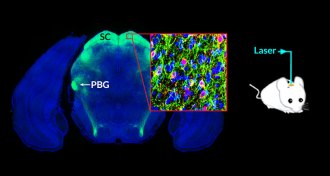 Neuroscience
NeuroscienceOne path that fear takes in the brain discovered
By hijacking a newly discovered pathway in mice’s brains, scientists inspire fear.
-
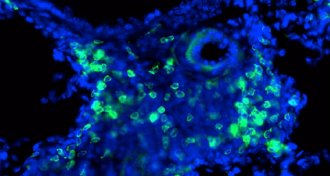 Health & Medicine
Health & MedicineSwitching off nerve cells eases asthma attacks
A drug that numbs nerve cells in mice’s airways offers a new way to ease the effects of an asthma attack.
By Meghan Rosen